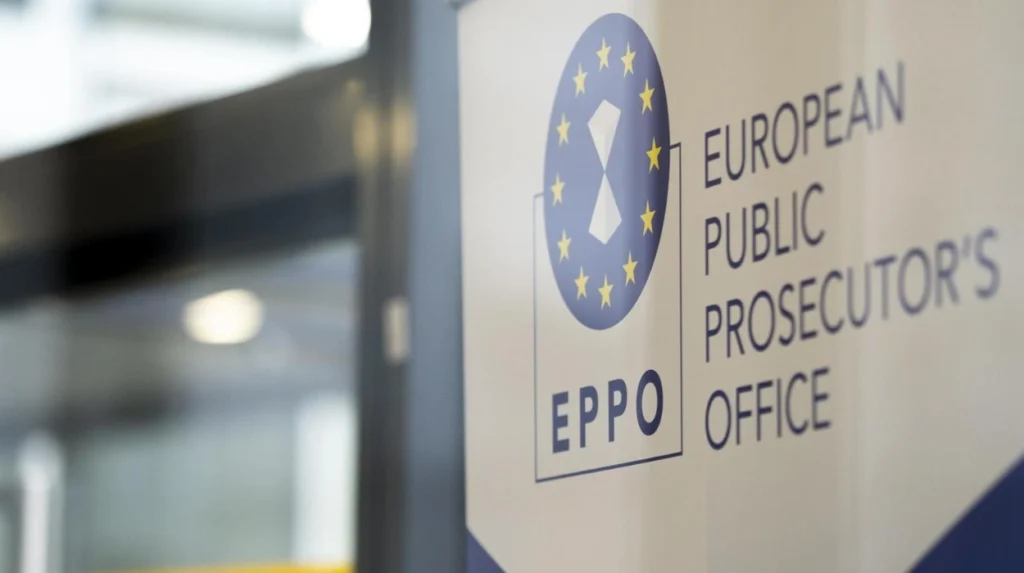The European Union has identified Chinese criminal gangs as central actors in a widespread customs fraud scheme affecting multiple member states. This operation, uncovered following extensive investigations by EU customs officials and law enforcement agencies, reveals how illicit networks exploit complex trade routes and lax oversight to defraud customs authorities, costing European states millions in lost revenue annually.
Scale and Impact of the Fraud
Customs fraud within the EU undermines the bloc’s economic security and distorts fair trade. Recent investigations indicate that Chinese gangs orchestrate smuggling and fraudulent declarations on a significant scale, manipulating tariff classifications, undervaluing shipments, and rerouting goods through third countries to evade customs duties. These gangs are alleged to exploit the sheer volume of trade flowing into the EU from Asia, taking advantage of gaps in coordination between different EU states’ customs systems.
High-ranking officials within the European Commission expressed deep concern. A senior EU customs official stated,
“These networks systematically infiltrate the logistics chain, causing significant financial losses and jeopardizing legitimate businesses within our markets.”
This highlights not only the financial but also the reputational damage resulting from organized customs fraud.
Mechanisms of the Fraudulent Networks
Investigators report that the Chinese gangs involved operate through complex layers, often using front companies registered in third countries within and outside the EU. These companies provide false invoices and shipping documents designed to misrepresent the nature or value of imported goods. Commonly targeted commodities include electronics, textiles, and steel products, which are among the highest volume goods imported from Asia to Europe.
Insiders revealed that such scams rely heavily on corrupt customs agents and freight forwarders who facilitate the clearance of goods under false pretenses. Additionally, smugglers often use “transshipment hubs” in Southeast Asia and North Africa to obscure the actual origin of goods, effectively bypassing strict EU import controls.
The fraudulent approach reportedly includes falsified certificates of origin to claim preferential tariffs under trade agreements that the goods do not qualify for, resulting in tariff evasion. EU investigators have highlighted the deliberate and well-coordinated nature of these practices as evidence of organized crime rather than isolated administrative errors.
EU Response and Cooperation Efforts
The European Union is intensifying its crackdown. New protocols for cross-border customs intelligence sharing have been implemented to detect irregular trade patterns faster. The European Anti-Fraud Office (OLAF) is collaborating closely with Europol and INTERPOL to trace and dismantle these illicit networks.
An EU spokesperson emphasized,
“Our approach integrates enhanced technological tools with stronger legal frameworks, targeting both the fraudulent entities and their facilitators.”
This includes investment in AI-driven customs screening and real-time data sharing across customs agencies to close loopholes exploited by these gangs.
In parallel, several member states have launched coordinated enforcement operations targeting warehouses, logistics companies, and clandestine import channels known to be connected to Chinese fraud syndicates. These efforts aim not only to disrupt the fraud but also to signal to legitimate traders that the EU remains committed to maintaining the integrity of its internal market.
Challenges in Combating the Fraud
Despite these measures, experts warn that combating such customs fraud remains complex. The transnational character of the criminal networks, combined with sophisticated document forgery and logistical maneuvers, makes detection challenging. Furthermore, the volume of imports to EU ports such as Rotterdam, Hamburg, and Antwerp complicates comprehensive inspections. Custom authorities face resource constraints and often rely heavily on intelligence-led risk assessments.
There is also concern about conflicting jurisdictional authority and data privacy regulations, which occasionally hinder seamless cooperation among EU countries and with external partners.
Political analyst Marie Dupont noted,
“The sophistication and adaptability of these criminal groups outpace many traditional law enforcement approaches, demanding a more holistic and coordinated international response.”
Diplomatic Implications
The EU’s public attribution of widespread customs fraud to Chinese gangs comes amid heightened tensions in EU-China relations over trade practices and geopolitical issues. Brussels has called for Beijing’s cooperation in cracking down on criminal elements involved in trade fraud, urging increased transparency in export documentation and stricter oversight at Chinese ports.
China’s embassy in Brussels declined to comment extensively but emphasized a commitment to combating all forms of smuggling and economic crime, affirming ongoing cooperation with EU authorities. Still, EU officials remain cautious, emphasizing that mutual enforcement actions are vital to curtail trafficking channels that originate in or pass through Chinese territories.
Broader Impact on the EU Economy and Trade Policy
The customs fraud has far-reaching consequences extending beyond immediate financial losses. By enabling illegally discounted products to flood EU markets, these criminal activities create unfair competition that threatens European manufacturers and sellers, undermining jobs and innovation.
Additionally, the fraudulent practices damage consumer confidence in supply chain integrity and the provenance of goods. Some sectors, particularly small- and medium-sized enterprises (SMEs), are disproportionately affected as they cannot match the artificially low pricing enabled by evading taxes and duties.
European trade commissioners have underscored the need to tighten customs controls as part of a broader economic security framework. As Commissioner for Trade, Sofia Jensen, stated,
“Securing our borders against fraudulent imports is essential to preserving the resilience and fairness of our single market.”
Future Directions and Recommendations
To sustain progress against customs fraud, experts advise continued investment in cooperative EU-wide enforcement mechanisms and technological modernization. This should include harmonized customs regulations, improved training for customs officers on fraud detection, and stronger penalties to deter participation in illegal networks.
Further engagement with global partners, particularly China, to improve transparency and share critical intelligence, will be fundamental. The EU is also exploring legislative proposals aiming to extend liability for customs violations to logistics companies and online marketplaces that facilitate cross-border trade.
In conclusion, the EU’s finger-pointing at Chinese gangs for widespread customs fraud underscores the gravity and complexity of the challenge. Combating this threat requires a comprehensive strategy that merges enforcement, technology, international cooperation, and robust policy reforms to safeguard Europe’s economic interests and uphold the principles of fair trade.







